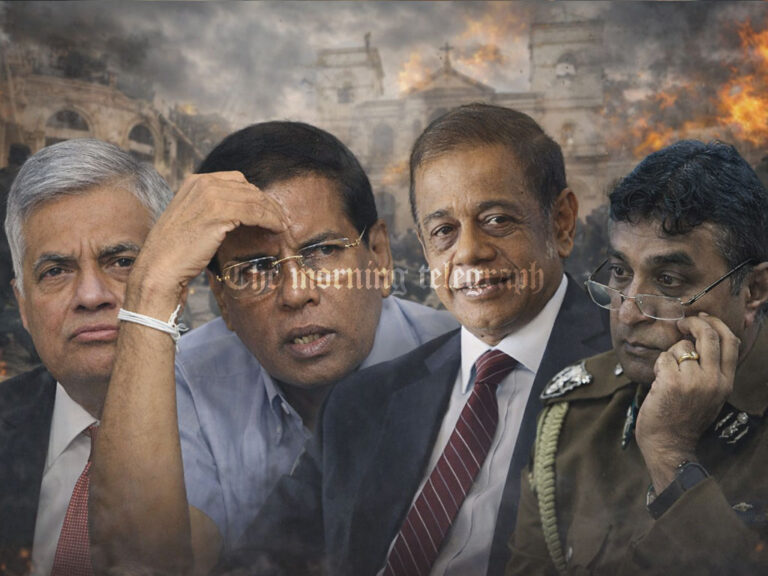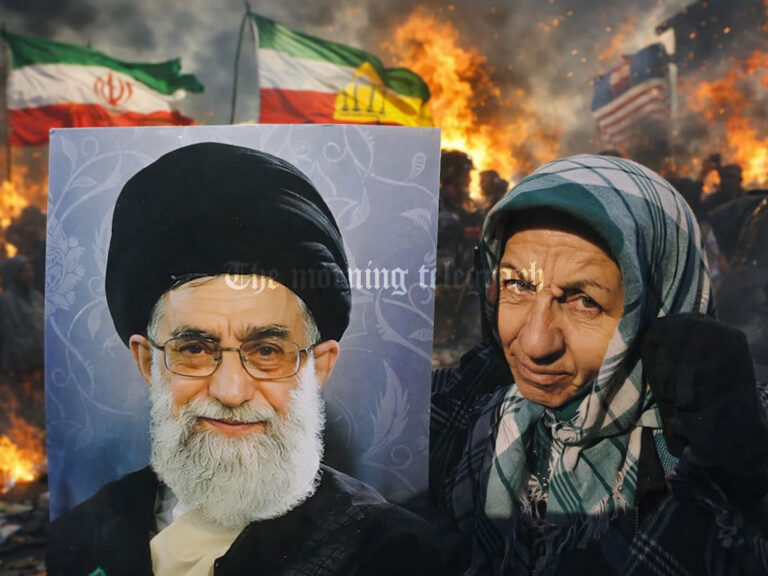
Hamas Declines Cease-Fire Talks as U.S. Enhances Military Presence in Middle East
As the conflict between Israel and Hamas continues unabated, the U.S. military has announced a significant increase in its forces in the Middle East. This move underscores the urgency of ongoing efforts to broker a cease-fire and facilitate the release of hostages.
U.S. Secretary of State Antony Blinken is intensifying diplomatic efforts, working closely with key mediators in Qatar and Egypt to advance the cease-fire negotiations. Despite these efforts, Hamas has declared it will not participate in the talks scheduled to take place in Doha, Qatar. The group accuses Israel of altering the terms of the agreement and insists on sticking to the framework that was initially agreed upon in early July.
Qatar, which is hosting the talks, has committed to finding a representative from Hamas to fill the group’s seat at the negotiating table. However, the effectiveness of this representation is uncertain, given the difficulty in communicating with Yahya Sinwar, the primary decision-maker within Hamas. The process of delivering messages to Sinwar can be time-consuming, potentially impacting the negotiations.
Israeli Prime Minister Benjamin Netanyahu has insisted on retaining operational control over the Philadelphi Corridor—a critical strip of land separating Gaza from Egypt—throughout any cease-fire period. Additionally, Netanyahu has proposed implementing new procedures for Gazans returning to their homes in northern Gaza, aiming to address security and logistical concerns.
Hamas has demanded over two dozen amendments to the proposed deal, which U.S. officials assert is nearly identical to the agreement initially accepted by the group. The ongoing friction between the terms of the deal and Hamas’s demands has complicated the negotiation process.
Regarding Iran, U.S. officials have noted that while Tehran’s exact stance remains unclear, there is a belief that Iran is cautious about jeopardizing the peace talks. This caution is seen as a possible reason for the absence of retaliatory actions against Israel following the recent assassinations of high-profile Hamas leaders, including Ismail Haniyeh, Hamas’s political leader. The U.S. administration remains vigilant about Iran’s potential influence on the situation and its impact on the broader conflict.




